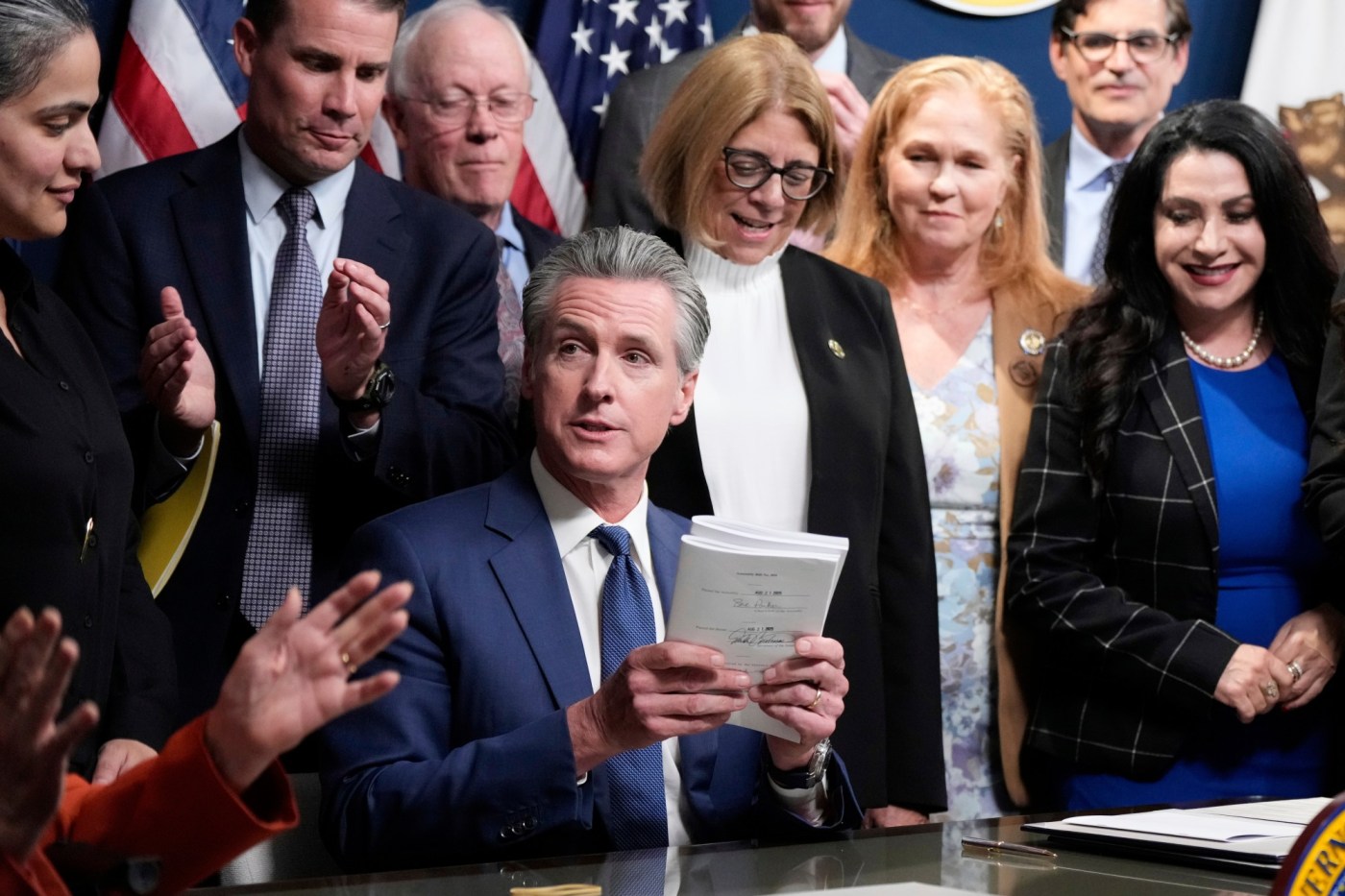California faces a significant challenge regarding its congressional redistricting process. Lawmakers in Sacramento are proposing changes that critics argue would undermine the transparency and fairness established by the Citizens Redistricting Commission. This proposal, framed as a response to partisan tactics seen in Texas and under the influence of former President Donald Trump, is being viewed as a strategic move by political insiders to regain control over district lines.
Over a decade ago, California voters made a decisive choice when they passed Proposition 11 and Proposition 20. These measures aimed to remove self-interested politicians from the redistricting process and empower the public through an independent commission. The intention was clear: to create a system that prioritizes community representation over political gain.
The commission has since set a national precedent for transparency, with its members prohibited from seeking office for a decade after their tenure. This safeguard helps ensure that district lines are drawn in a manner that reflects the interests of California’s diverse population. Critics, including Suzette Valladares, who represents the 23rd Senate District, argue that the current legislative efforts are not a genuine reform but rather a calculated attempt to regain control by those who have long opposed the commission.
Recent developments have raised alarms among advocates for fair representation. Valladares notes that the legislative push involved rushed meetings and proposals, allowing little time for public input or debate. This approach contrasts sharply with the open process established by the commission, where community organizations and citizens have actively participated in discussions regarding their representation.
The implications of these changes could be profound. California has seen a significant increase in the diversity of its elected officials since the commission’s establishment, with more women, Latinos, Asian Americans, and Black Californians holding office than ever before. Valladares emphasizes the importance of maintaining a competitive electoral landscape, arguing that when politicians control redistricting, districts tend to favor incumbents, reducing competition and responsiveness to voters.
The proposed changes are being advanced through a costly special election, which Valladares describes as a waste of taxpayer resources. She insists that this is not merely a partisan issue, but a fundamental question of whether Californians value fairness and transparency in their electoral processes.
Every lawmaker in Sacramento has taken an oath to uphold the California Constitution, a responsibility that should not be disregarded for political convenience. Valladares urges voters to remain vigilant and exercise their democratic rights by opposing this power grab. She calls on Californians to stand firm in their commitment to a system that reflects their voices and fosters genuine representation.
As this debate unfolds, the future of California’s redistricting process hangs in the balance. The outcome will not only affect political dynamics within the state but will also serve as a litmus test for the integrity of democratic processes nationwide.
